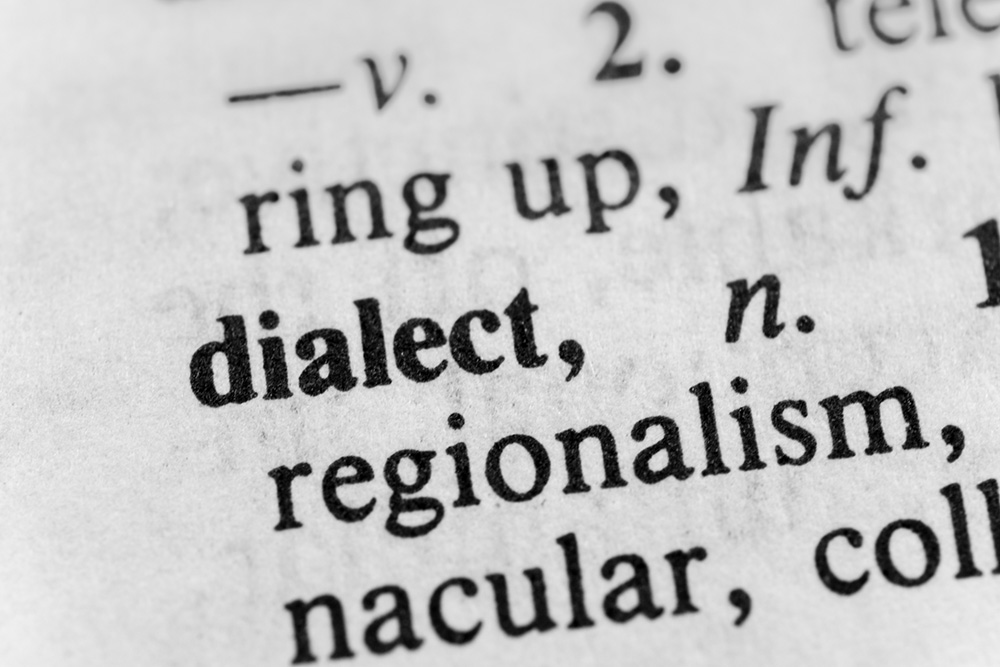
LANGUAGE, DIALECT, REGIONALISM… WHAT’S THE DIFF?
LANGUAGE? DIALECT? REGIONALISM? ACCENT? PIDGIN? PATOIS? CREOLE? WHAT’S THE DIFF?
This is a question that came up during one of our daily staff lunches and we had a good ol’ time geeking out on getting to the bottom of this question. So what is the difference exactly?
Dialect/Accent /Patois/Regionalism: We all have a dialect. Our dialect is the accent, vocabulary, and structure we use in our version of the language. Dialect is the words you use, soda versus pop, wicked versus very. Accent refers to pronunciation, e.g. street versus shtreet. Dialects along with accents can differ from region to region, neighborhood to neighborhood and even within our primary family! In the Carribbean, the local dialects are referred to as “patois”. A regionalism is something used across dialects within a region. “Y’all” is a southern regionalism used in most, if not all, southern dialects from Texas to Georgia. And “loo” is a British-ism that cuts across all U.K. dialects.
Language: When we talk about “language,” we are talking about the dialect that has been anointed the standard language of the “political unit”, i.e. the country, region, tribe, etc.) How does one dialect beat out the rest? According to sociolinguist and Yiddish scholar Max Weinreich, “a language is a dialect with an army and navy” (“a shprach eez a deealekt mit an armee un flot”). In France, Breton, Occitan and Alsatian were referred to as “patois”* or “rough/barbaric speak” (also incomprehensible for French speakers**) as opposed “languages” by the francophones of the country. In the case of Italian, the pen is mightier than the sword as Dante solidified Florentine as the choice for standard Italian, having written his opuses in the local dialect as opposed to Latin. An example in modern history, is when the countries Czechoslovakia and Yugoslavia (remember those!) split and two languages, Czechoslovakian and Serbo-Croatian, became four, Czech, Slovakian, Serbian and Croatian.
*(pate = paw, patoier = to treat roughly/paw at, patois = rough speech)
** Welcome in French is bienvenue, in Breton it’s deuet mat.
PIDGIN/CREOLE: Pidgin is essentially a trade language that develops when peoples of two different languages create a simple common language using the two original languages to get basic points across. The name Pidgin comes from the Chinese pronunciation of “business” and was used to define the Chinese/English Pidgin that evolved during the building of the railways in the U.S. A pidgin becomes a creole when the language sticks, evolves and becomes a native dialect that is spoken at home. For example, although the Hawaiians still refer to their version of the hybrid language as pidgin (not to be confused with Hawaiian the language), what they refer to as “pidgin” is, technically, a creole. There are other instances where a Pidgin evolves into a bonafide language such as Haitian Creole and Swahili.
Happy language geeking!